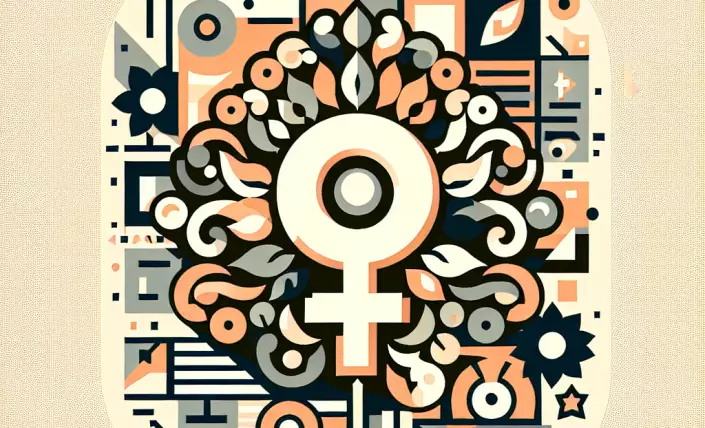In the vast landscape of philosophical thought, few figures are as provocative and challenging as Friedrich Nietzsche. His philosophy compels us to confront the complexities of human existence, urging us to embrace the chaos inherent in life. Nietzsche's concept of the 'abyss' stands as a metaphor for the profound depths of human consciousness and experience. This essay seeks to explore this abyss, reflecting on how confronting it can lead to a deeper understanding of ourselves and the world around us.
Nietzsche's philosophy often revolves around the tension between order and chaos, and nowhere is this more evident than in his famous aphorism: 'When you gaze long into an abyss, the abyss also gazes into you.' This statement suggests that when we explore the depths of our own existence, we are met with an overwhelming void that reflects our innermost fears and desires. The abyss symbolizes the unknown, the chaotic elements of life that resist rational explanation. Embracing this chaos, Nietzsche argues, is essential for authentic self-realization. In our contemporary world, where certainty and predictability are often valued above all else, Nietzsche's invitation to embrace the chaos challenges us to reconsider what it means to live a fully engaged life.
The notion of the abyss also invites us to question the structures and values we hold dear. Nietzsche's critique of traditional morality and societal norms encourages us to look beyond established truths and consider the potential for transformation. By embracing the chaos, we allow ourselves the freedom to create our own values and meaning. This process is not without risk, as it requires us to confront uncomfortable truths and acknowledge the limitations of our understanding. Yet, it is through this confrontation that we can achieve a more profound sense of freedom and authenticity.
In reflecting on Nietzsche's philosophy, it becomes clear that the challenge lies not in avoiding the abyss but in engaging with it courageously. To confront the chaos within is to acknowledge our vulnerability and embrace the unknown. This journey is deeply personal, as it demands that we question our assumptions and embrace ambiguity. In doing so, we open ourselves to new possibilities and insights, ultimately enriching our understanding of what it means to be human.










